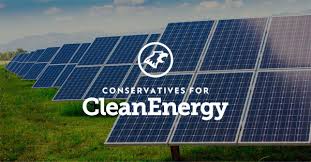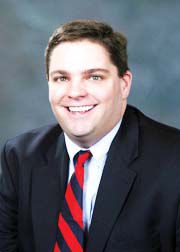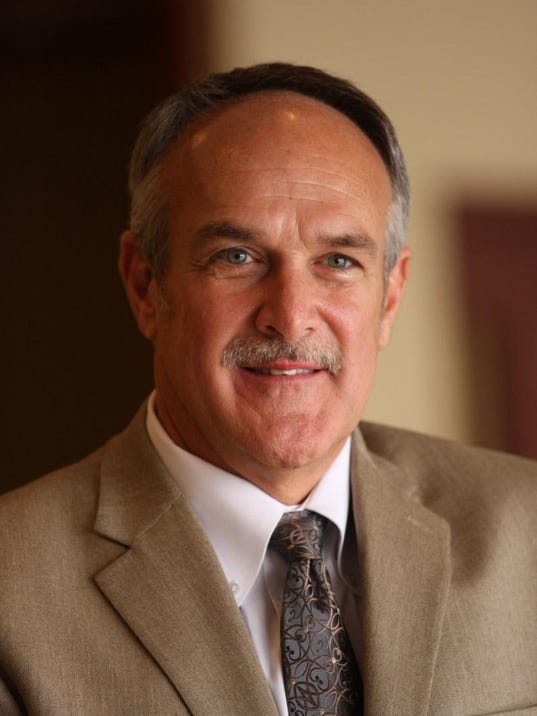
NEW POLL FINDS STRONG BI-PARTISAN VOTER SUPPORT FOR CLEAN ENERGY POLICIES & ENERGY SOURCES
NC voters will support leaders who pass stronger clean energy policies & deliver more options
RALEIGH, NC – Conservatives For Clean Energy (CCE), in a poll conducted by Strategic Partners Solutions, today released its findings regarding statewide voter opinions on current energy issues facing North Carolina. The poll revealed widespread support for renewable energy and energy efficiency across all partisan and ideological lines, with voters saying they would vote for legislators and elected officials who are working to expand these energy innovations and economic opportunities. The results were discussed during a poll briefing luncheon in Raleigh on Tuesday, which featured Mark Fleming, President and CEO of Conservatives for Clean Energy, and two of North Carolina’s top Republican campaign consultants – Paul Shumaker, President of Capitol Communications, and Dee Stewart, President and CEO of The Stewart Group – with a broad audience of state legislators, community leaders, energy industry executives, North Carolina citizens, and the media.
The poll was conducted on April 18-19, 2016, of 800 registered voters who were randomly selected with predetermined voter participation in past elections (margin of error: ± 3.46%).Click here to view the complete poll results and click here to view Paul Shumaker’s presentation given at the poll briefing.
“North Carolinians, whether Republican, Democrat or Unaffiliated voters, are overwhelmingly in support of increasing the use of clean energy in our state,” said Mark Fleming, President and CEO of Conservatives for Clean Energy. “Clean energy is creating thousands of new jobs, expanding business opportunities, and giving us more stable, affordable electric bills. These poll results are an important metric and guide for elected officials and candidates running for office regarding voters’ opinions about energy policy and resources in North Carolina.”
The polling results revealed widespread support for renewable energy options across all partisan and ideological lines, including the state’s Renewable Energy & Energy Efficiency Portfolio Standard (REPS) law and other policies that would expand access to clean energy for electricity customers.
Of particular note, 86.5% of voters said they want elected officials to encourage renewable energy options such as solar and wind and 87.6% said providing additional options for home and business owners to finance energy efficiency upgrades such as improved insulation, lighting or windows. And, only 27% of respondents said they were satisfied with our state’s current monopoly-controlled electricity market, whereas 67.1% want more options when it comes to their utility and energy choices.
In 2007, North Carolina became the first state in the Southeast and the 25th in the nation to adopt a Renewable Energy & Energy Efficiency Portfolio Standard (REPS) law, which requires utilities to incrementally increase their use of renewable energy resources and energy efficiency programs to 12.5% of their energy mix by 2021. According to the poll, 74.8% of voters support the REPS law, 21.1% oppose, and 4.1% did not have an opinion. (Of the voters who said they support the REPS law, 64.7% are registered Republican, 84.0% Democrat, and 72.7% Unaffiliated.) This is a slight increase from CCE’s 2015 poll results, which found 69% supported the REPS law. Furthermore, North Carolina’s legislators have shown their on-going support of the REPS policy by blocking several attempts to repeal it in 2013 and 2015.
The poll also asked several questions regarding North Carolina’s renewable energy investment tax credit, which legislators allowed to expire at the end of 2015, despite extensive debate and bi-partisan support. According to the poll results, 72.1% of voters support the NC General Assembly re-establishing this tax credit for home and business owners installing renewable energy projects; among these supporters, 64.3% are registered Republicans, 69.7% Unaffiliated, and 80.5% Democrat. And, among geographical locations for voters who said they want legislators to re-start the tax credit, 81.1% live in urban areas, 73.6% in suburban areas, and 67.5% in rural areas. Those opposed to the tax credit were 20.1% and 7.8% did not have an opinion.
Other key findings from the poll include:
- When asked what lawmakers should prioritize when developing new energy policies, voters overwhelmingly said investing in new clean energy sources like solar and wind at 53.6% and 18.6% said allowing for more competition with existing utility companies, which compared to 10.9% who wanted increased oil and natural gas exploration, 5.9% for low cost energy sources regardless of environmental impact, and 5.8% for continued support for coal fired power plants.
- 72% support policies allowing for third-party energy sales, which would let companies other than a utility to sell power directly to a customer; third-party energy sales is currently illegal in North Carolina and at least seven other states. 69% of voters said they would support a legislator who supported third-party energy sales, which increased even higher to 75.6% support among registered male Unaffiliated voters and 81.8% among all male voters 40 years old and under.
“Support for clean energy can be a winning message for our state’s leaders regardless of political party affiliation. North Carolina is becoming a leader in these new clean energy technologies, voters are noticing and are expressing strong support for it, and they are clearly asking for more,” said Paul Shumaker, a leading political strategist and President of Capitol Communications.
The poll asked voters for their opinions as state leaders are debating policies that would impact current and future energy sources. “When it comes to your opinion about state leaders, would you support or oppose a lawmaker or candidate who supports the following energy resources?”:
| Energy Source |
Support Candidate |
Oppose Candidate |
Don’t Know/Refused |
| Offshore drilling for oil or gas |
47.8% |
42.3% |
10.0% |
| New nuclear energy |
42.1% |
47.5% |
10.4% |
| Renewable energy options such as solar & wind |
86.5% |
10.6% |
2.9% |
| Addtl ways to finance energy efficiency upgrades |
87.6% |
8.9% |
3.5% |
| Drilling of natural gas also known as hydro-fracking |
29.8% |
52.6% |
17.6% |
Legislative leaders have said they do not expect to pass major energy-related legislation during the 2016 “short session” of the NC General Assembly, which began last week in Raleigh; however, 2017 could present new opportunities for in-depth debate and discussions as the state marks a decade since the REPS law was enacted.
“These poll results clearly demonstrate overwhelming conservative support for clean energy policies in North Carolina,” said Dee Stewart of The Stewart Group. “Somewhat surprising, only 27% of respondents said they were satisfied with our state’s current monopoly-controlled electricity market, which presents opportunities for legislators to update our energy policies in 2017. Voters in this poll have clearly expressed their desire for more clean energy options and now legislators have an opportunity to work together and deliver.”
The poll also included a question regarding the upcoming election for Governor, which found 43.6% would vote for Pat McCrory, 40.6% for Roy Cooper, 3.0% for Lon Cecil (Libertarian), and 12.8% were undecided.
About Conservatives for Clean Energy
Conservatives for Clean Energy educates the public about the benefits of clean and renewable energy sources in North Carolina. The organization helps to lead the conversation about the economic benefits of clean energy within North Carolina’s economy. As conservatives, the organization encourages competition and free markets, which allows for vibrant, sustainable economies. Clean and renewable energy sources represent the future of energy in North Carolina. Additional information about Conservatives for Clean Energy can be found at: www.cleanenergyconservatives.com.
# # #








